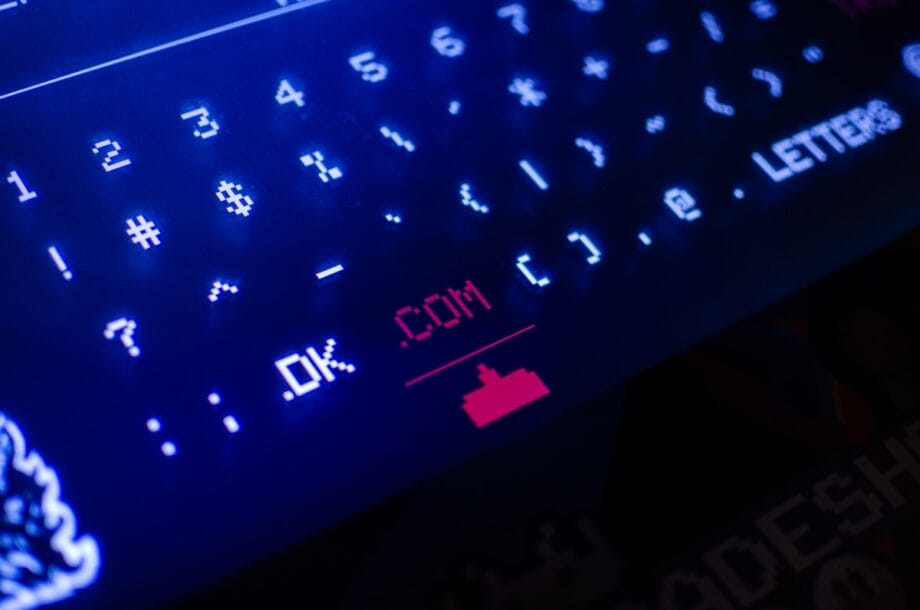Mark Cuban Draws Parallels Between AI Race and 1990s Search Engine Wars
Mark Cuban posits that the current competition among tech giants for supremacy in artificial intelligence mirrors the tumultuous search engine wars of the 1990s. He cautions that this rivalry could culminate similarly, with one monolithic victor overshadowing all others.
During an appearance on the “Pioneers of AI” podcast, Cuban articulated, “You have several companies ardently pursuing the creation of the ultimate foundational AI model upon which we will all rely.”
This scenario bears resemblance to the pre-Google landscape of the 1990s, where myriad search engines vied for dominance. “At that time, it was uncertain whether the outcome would favor a single winner or a possible top five contenders,” he remarked.
“Now, with search engines, we observe that Google stands as the undisputed leader, while other competitors like Bing and DuckDuckGo barely register.” Cuban ominously added, “This trajectory raises concerns about the sustainability of their economic models.”
Cuban believes that titans such as Google, Meta, and OpenAI are expending vast resources in a frantic bid to avoid a zero-sum outcome.
“They are investing everything possible, hoarding every available resource for this winner-takes-all scenario,” he elaborated.
However, he expressed trepidation that this fervent competition could incite the birth of a speculative bubble—an apprehension echoed by several technology and business luminaries, including Sam Altman and Bill Gates.
“They may indeed be overspending,” he asserted. “Should they overreach or become too enmeshed in this competition, the bubble surrounding these models could burst in an instant with the advent of any new disruptive technology.”
Cuban further emphasized his concerns regarding the infrastructure essential for AI, highlighting the extensive and costly data centers under construction to support expansive models.
“Over the next decade, it’s hard to believe we won’t enhance the technology sufficiently to render today’s investments on outdated models fruitless,” he cautioned.
In Cuban’s view, the most significant disruptions will not stem from linear advancements, but rather from unforeseen innovations. “Someone will stumble upon something revolutionary. If I only knew what that was, I would capitalize on it,” he quipped.
Experience in the Dot-Com Boom Informs Perspective

Cuban’s insights are shaped by his experiences during the dot-com boom, a period marked by exuberance, speculation, and excessive spending that he now observes percolating within the AI sector.
“They’re committed to expending every available dollar for at least another decade,” he warned regarding the major developers of AI models. “If that scenario doesn’t scream ‘ripe for disruption,’ I’m unsure what would.”
Ultimately, Cuban believes that the victor in the current AI skirmish will be dictated not merely by the scale of the model created, but rather by the intelligence embedded within it. Yet, history casts a long shadow, suggesting that many may not survive long enough to ascertain the outcome.
Source link: Finance.yahoo.com.






